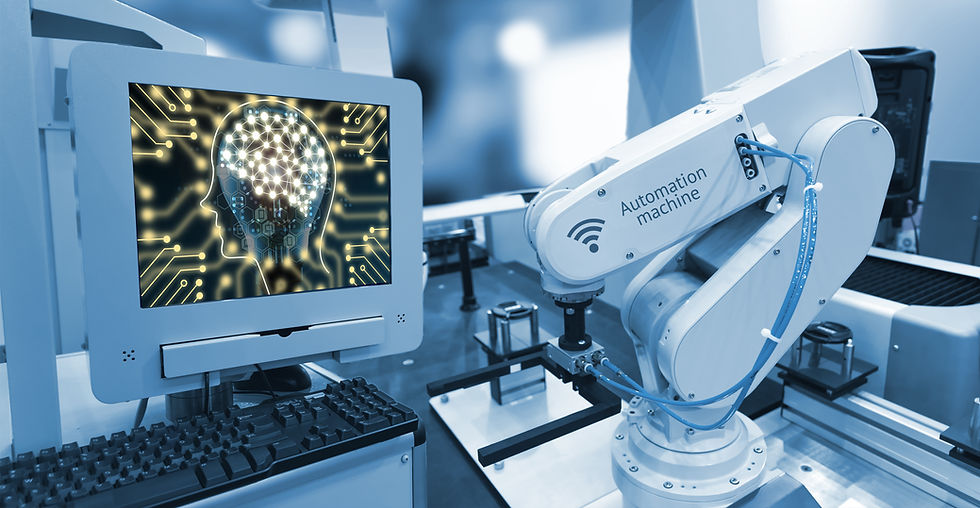Will Artificial Intelligence be the definitive guide to future pandemics?
- Teenspire Global
- Oct 1, 2020
- 2 min read
Updated: Oct 4, 2020
With the massive amounts of data processed and analyzed every minute, Artificial Intelligence (AI) is mustering the capabilities to improve and sharpen efficient responses. As Machine Learning (ML) and Quantum Learning (QL) advance, the ability to leverage data to solve complex problems in nanoseconds is a reality. The ability to process and draw insights from structured data with high efficiency enables it to be the most formidable tool in the pursuit to prevent future epidemics. AI can help prevent future outbreaks and raise early warning signs and help identify potential pandemics.

This is not a surprise to those involved in researching AI’s application in medicine and healthcare. AI is accredited as the most powerful technology to fuel prediction, prevention, and eradication of pandemics. Machine learning analyses historical data to identify key variables that predict a health crisis. Data is the fodder for AI, and machine learning acts as the engine. AI’s success hinges on good data. Today several companies globally are aggressively working towards mining data that can be leveraged to create early warning systems. Most of these companies are refining and structuring existing data to analyze and predict potential solutions.
Globally, if governments are earnest in reducing healthcare costs and preventing future outbreaks, they should start with a mandatory review on how health clinics and hospitals can capture and store data. Further, regulating processes to provide healthcare officials and hospitals real-time access to data is vital. Once this data is collected and analyzed, AI systems can trigger early warning signs and send regional alerts to ensure precautionary measures can be implemented.
The Covid-19 outbreak has proven that globally governments are ill-equipped to deal with a severe disease outbreak. As we enter 2021, this must change. Governments must take responsibility for fixing this and allocate resources to accelerate AI deployment.
AI has a huge potential to help people stay healthy and reduce their doctor visitations. Innumerable technologies and applications are available for the proactive management of a healthy lifestyle. Further, AI provides healthcare professionals with the ability to analyze patients' day-to-day patterns, thereby providing appropriate advice, care, and support.
AI is a game-changer and a transformational force for the healthcare industry. From identifying and developing therapies, to managing vast datasets of historical medical information, to new drug development – the possibilities are endless, which is why it's no surprise that a variety of AI technologies are already being used by payers and providers of care, and life sciences companies. It is currently being used in diagnosis, treatment recommendations, patient engagement, procedural compliance, and administrative activities.
Multiple technology providers are working towards advanced applications that facilitate voice-based or chat-based consultation. This will accelerate scalable access of quality healthcare to masses, removing geographic barriers and making healthcare accessible to remote or under-served populations.
.jpg)



Kommentare